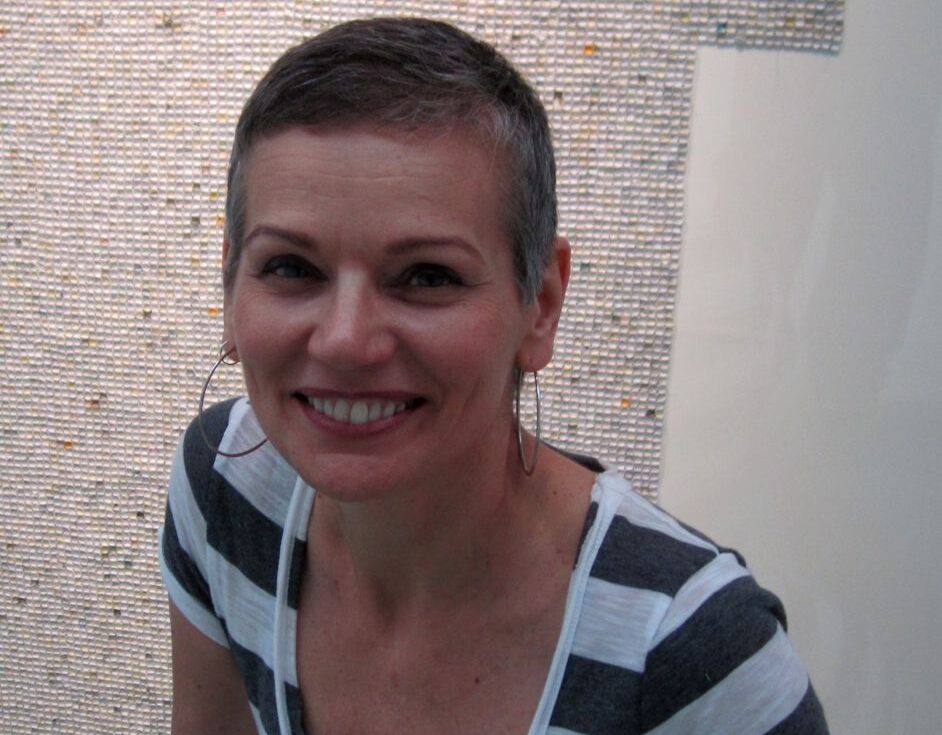Tina Martel, Instructor emeritus of Fine Arts at Northwestern Polytechnic, shared a post by Michelle Kirschner, at on LinkedIn:
“After care is almost non existent. It is more: well off you go – you are fine. And we aren’t fine. Or we are left with “volunteers” to help us. We need caring professionals. Support groups and mentorship is fine but it does not fill the need.
I realized how dangerous that was when an organization approached me to “assist” them by becoming a mentor. I was in the middle of probably one of my darkest times and told them that. Instead of offering me help: they told me to call them when I felt up to it… a trained professional would have recognized that and offered to sign me up on the site ther side of that.”
Quoting Michelle Kirschner‘s post:
“I believe that every individual that receives a “treatment plan” for cancer should also have a “supportive care plan.”
I believe that the best person to provide a supportive care plan is a provider (physician, nurse practitioner, physician assistant) that is trained in comprehensive supportive care for cancer patients. This provider needs to have education in cancer dx and treatment, genetic considerations, psychosocial needs, SDOH, functional assessment, short and long term effects of cancer treatment, lifestyle interventions, promoting self management, dealing with special population needs (pediatric, AYA, geriatric, LGBTQ+, minority groups) and navigation to resources as a beginning.
I believe that survivorship needs to be redefined from post treatment to comprehensive supportive are starting at time of diagnosis. Survivorship and palliative care could benefit from working together.
I believe that appropriate survivorship and supportive care needs be done during a different session then active treatment with enough time allotted for in depth conversation and shared decision making.
I believe that this care will impact outcomes including survivor’s quality of life, morbidity and mortality. Distress and stress related to cancer has real consequences. Now research is beginning to reveal why this is happening.
I believe that every professional that cares for cancer patients has the responsibility to advocate for coordinated and high quality care. If you are not sure of what this means or how to do it, there are those of us who are available to share our knowledge.”
Source: Tina Martel/LinkedIn
